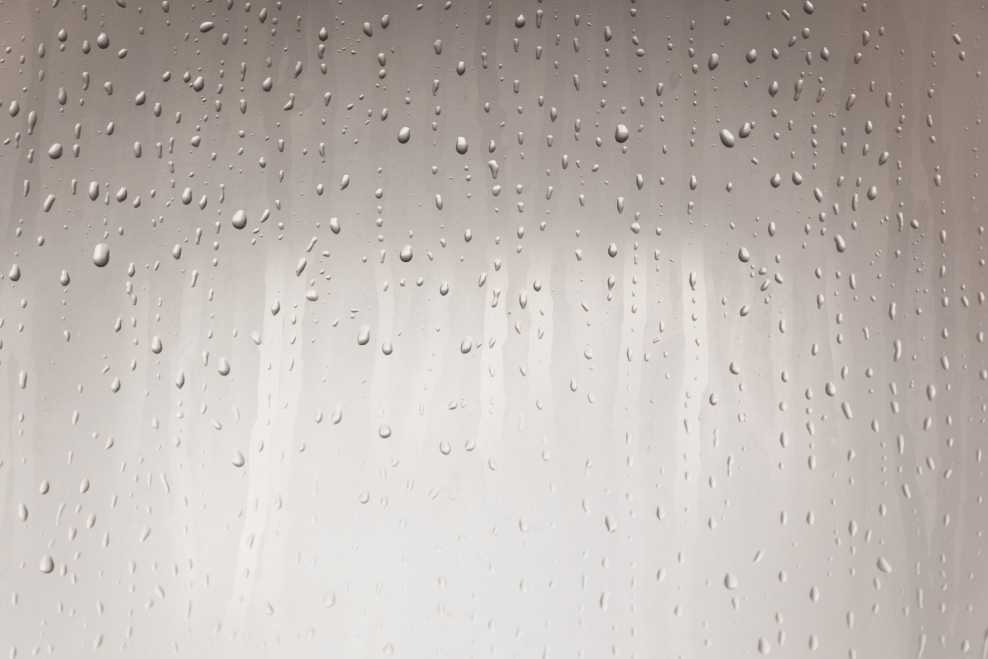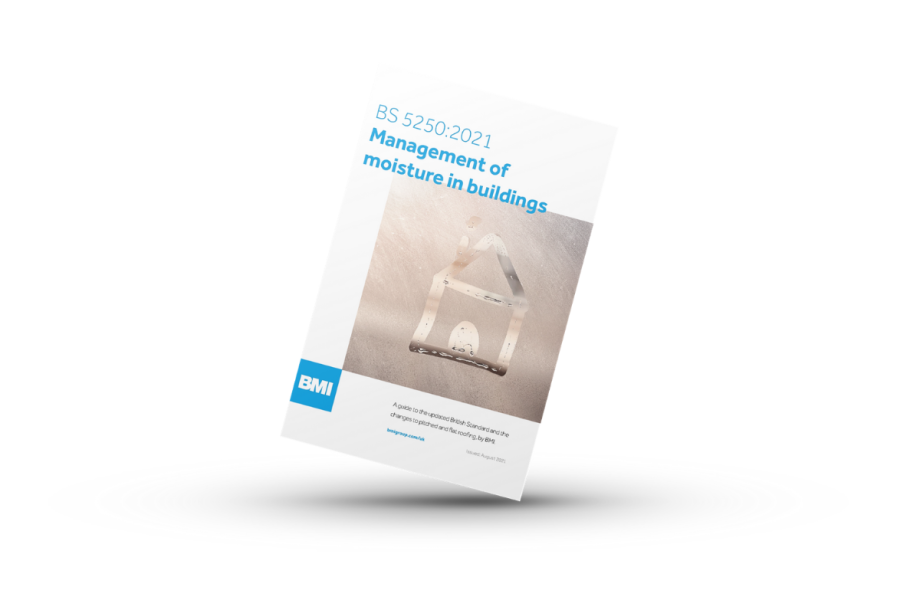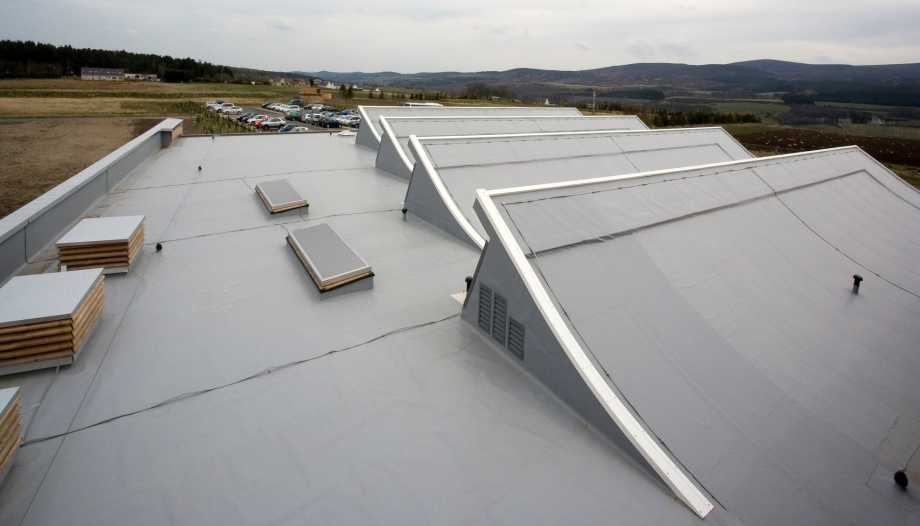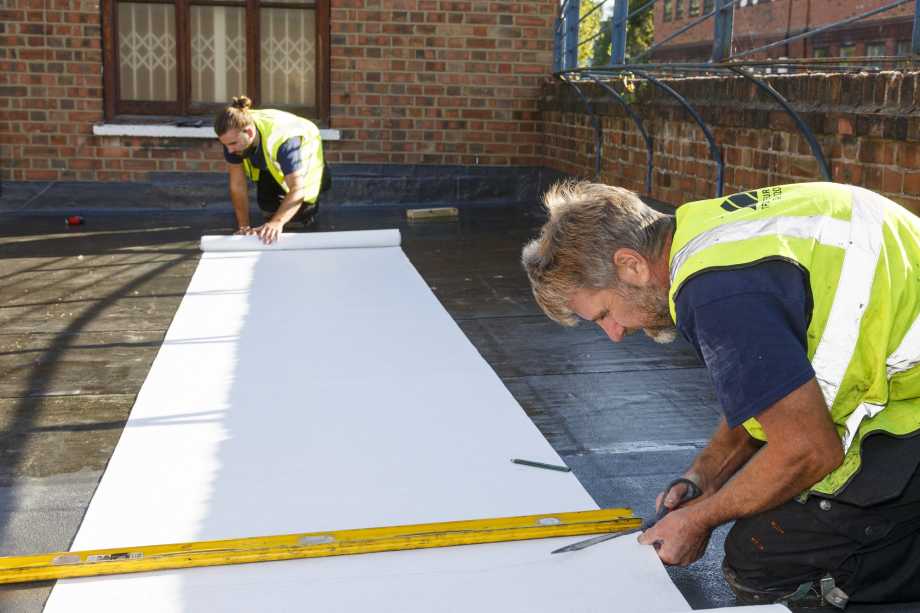Our country pages
Africa
Europe
Search
Order a sample
You can order up to 3 free sample tiles.
We'll aim to deliver your sample order within 5-7 working days from your order date.
Condensation risk analysis

Condensation risk analysis - we’re here to help
At BMI Icopal, we have a range of flat roof waterproofing systems and building protection products, so you can provide uncompromising quality for your clients. We’ve been supplying industry-leading flat roof waterproofing systems and services to architects, surveyors and roofing contractors for over a century.
We’re on hand throughout the project life-cycle with roof calculations, roof inspection, roof surveys and condition reports – as well as technical support and consultancy. Every roof is different – but they all start with the customer. We care about getting you the right roof covering – right from the start.
Our Technical Services Team are on hand to support you with project-specific, free u value calculations and condensation risk analysis.
Condensation risk analysis explained
Condensation is a process whereby liquid water is deposited from air containing water vapour when its temperature drops to or below the dew point (or the vapour pressure rises above the saturated vapour pressure at a given temperature).
Poorly designed roof build-ups, building elements and details for insulation, vapour barriers and other components of the roof system can lead to high levels of moisture in the building and therefore, risk of condensation.
BS 5250 examines the causes and effects of surface and interstitial condensation as well as other sources of moisture in buildings and how to manage risk through design, construction and operation.
Interstitial condensation occurs within or between layers of construction elements that are part of the building envelope. Whereas, surface condensation occurs on interior surfaces of a building.
A more holistic approach to managing moisture in buildings has been adopted, not only focusing on condensation but also other sources of moisture such as wind driven rain, rising damp etc.
BS 5250 is applicable to new build and refurbishment projects. BS 5250 is the code of practice for design of buildings, including the design of roofs. It instructs that flat roofs need to be designed to avoid the accumulation of condensation year-on-year; any condensation that does occur should be temporary and dry out during the course of the year.
Different roof constructions require different detailed condensation risk analysis. It is important that the specific properties of materials used, in terms of their thermal conductivity and vapour resistivity, be used in thermal and condensation risk calculations. BS 5250 states that independently certified values from manufacturers’ literature should always be used when available.
Useful references
BS 5250 (2021): Management of moisture in buildings code of practice.
BSI Standards Publication.
BS 6229 (2018): Flat roofs with continuously supported flexible waterproof coverings – Code of practice
BSI Standards Publication
With over 100 years of experience the British Standards Institute committees work with the manufacturing and service industries, government, businesses and consumers to facilitate the production of British, European and International standards.
Backed by BMI Icopal technical support
From technical support on any one of our systems, or information on how to specify our flat roof systems, please use the form below to get in touch.
Jump to section
Speak with us directly
Speak with us directly
If you have any further queries, contact our BMI Icopal Technical Services team today to find out how we can support you.
T: 0330 123 4585

BS5250 White Paper
BS5250 White Paper
Download our whitepaper, BS5250: Management of moisture in buildings, a guide to the updated British Standard and the changes to pitched and flat roofing.

Further information and technical support
Contact our Technical Services team
Our team of experienced roofing specialists can help you to identify the best solution for your roofing project.
Tel: 0330 123 4585 or email technical.uk@bmigroup.com

Request a specification
Submit an enquiry or specification support

Find an approved installer
Find a roofer